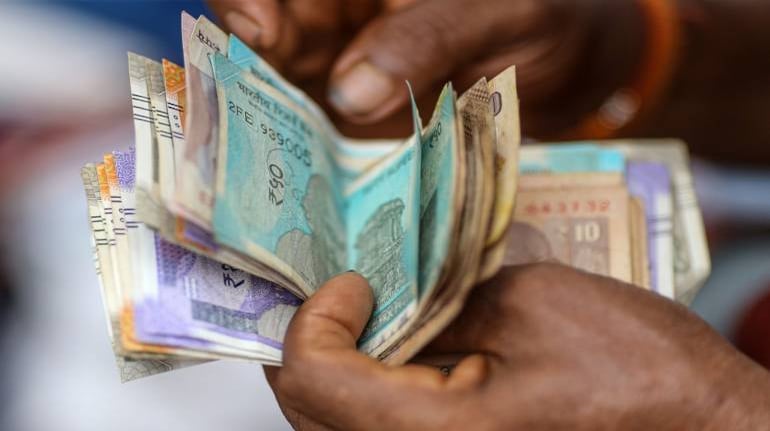
Representative Image
The ongoing turbulence in the United States and European banking sector may make the Reserve Bank of India more willing to let the rupee weaken below a key psychological level, analysts said on Thursday.
The rupee declined to 82.80 to the U.S. dollar on Thursday, its lowest in about two weeks.
The RBI has, on multiple occasions, intervened to protect the rupee from 83 levels over the last several weeks, holding the currency in a tight band.
”Its clear to us that the RBI will not defend the rupee at 83 or any other level if there is a severe, broad episode of risk off,” the head of trading at a private sector bank said.
”Against a barrage of dollar outflows and speculation that will follow if the (U.S. and European) banking situation worsens, the RBI will definitely be more judicious on how it expends the reserves.”
Concerns about the stability of banks are spreading outside of the United States, pushing up the demand for the safe-haven dollar. Following the collapse of U.S. lender Silicon Valley Bank last week, Swiss National Bank had to come to the rescue of Credit Suisse.
A significant and persistent deterioration in risk appetite on account of the banking worries will have an impact on the RBI’s intervention strategy.
”The RBI will reevaluate its stance with the objective of managing volatility in USD/INR and keeping in mind the global situation and the forex reserves,” said Bhaskar Panda, head of overseas treasury at HDFC Bank.
India’s foreign exchange reserves stood at $562.4 billion as on March 3. The reserves had dipped to near $525 billion in October from a record high of $642 billion.
The markets will be ”volatile and news-driven,” a trader at a public sector bank said, adding that if investors turn risk-off in case of more bank failures the central bank may have to let go of the 83 levels.
If the crisis persists, the RBI’s main focus will be on seeing how the volatility expectations on the rupee ”remain anchored,” the private bank head said.
From the risk-reward perspective, it makes sense for Indian importers not to rely on RBI support in the current environment, the banker added.

